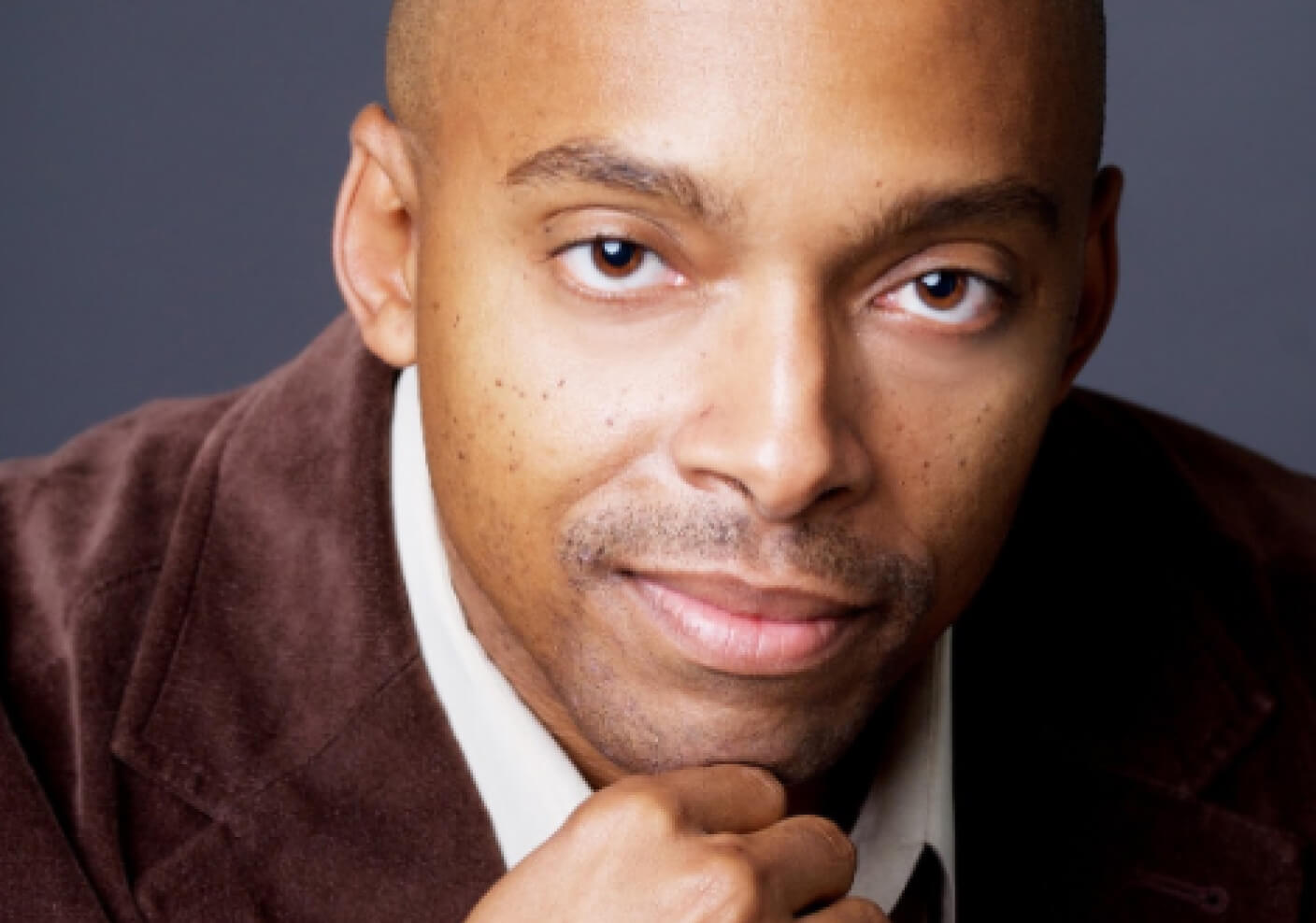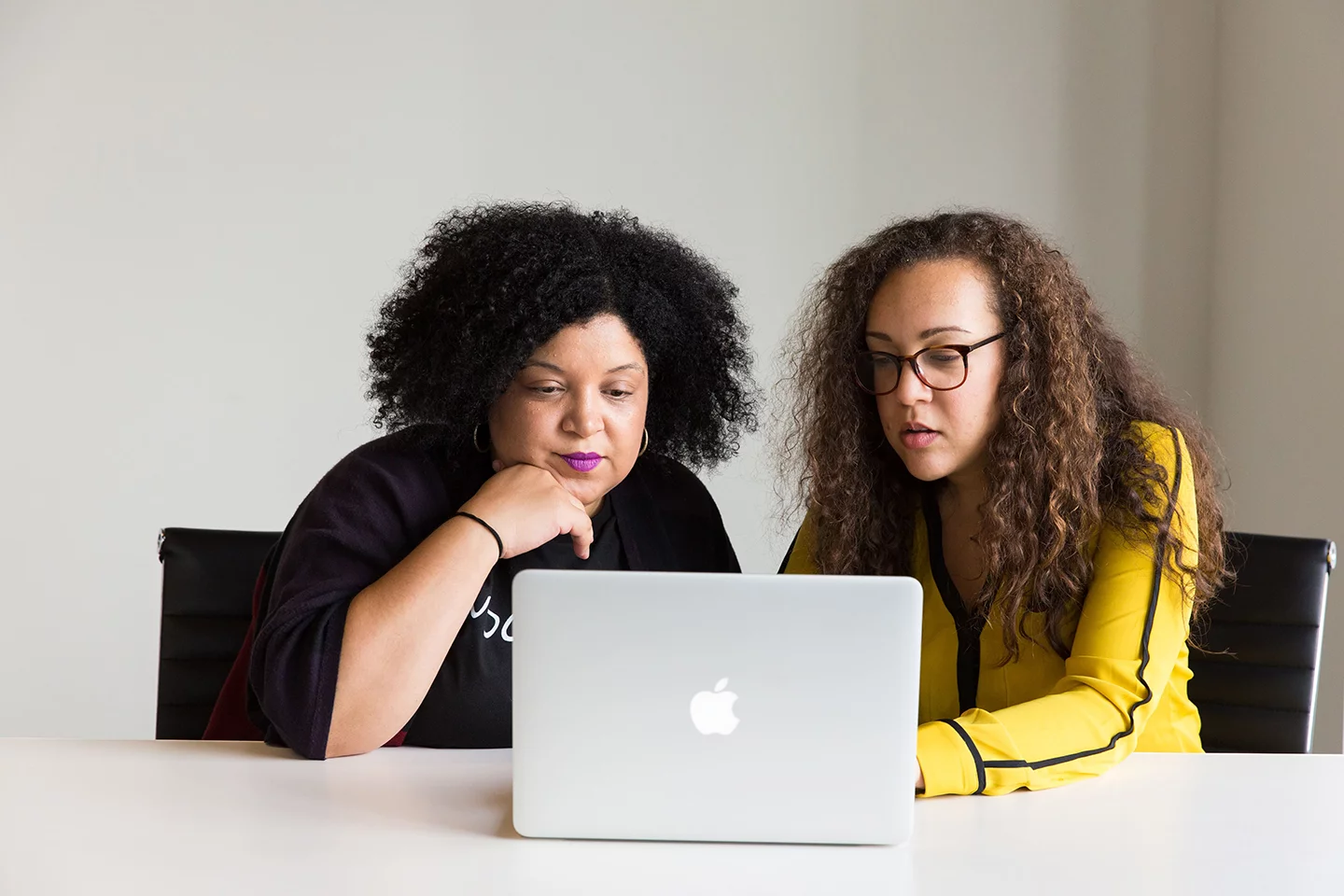Khalil Gibran Muhammad, a distinguished Professor of History, Race, and Public Policy at the Harvard Kennedy School and one of the country’s most influential authorities on racial justice in America, recently joined Mursion’s Future of Work Roundtable Series. In an exclusive live-only event, Muhammad discussed “The Power Gap: How Leaders Can Embrace Diversity and Inclusion in Post-Obama America.”
Muhammad, who is redefining our understanding of diversity with his work featured in the likes of the New York Times’ landmark 1619 Project and Ava DuVernay’s 13th, presented a data-driven, thought-provoking talk filled with an array of write-it-down moments. Here are several takeaways that we’ve been turning over in our minds since Muhammad’s talk.
On the pervasive power gap that continues to exist in our society:
“Just as there is a wealth and income gap, a health and achievement gap, and a punishment and opportunity gap, there is also a power gap in our civic and corporate institutions. In a nation where nearly every organization values diversity and inclusion (or at least gives lip service to them), and most every individual believes in ‘opportunity for all,’ people of color are vastly under-represented in senior leadership positions across all sectors of American society. So what explains this enduring maldistribution of power and influence among men — and especially women — of color? Is it even enough to focus on racial representation as the measure of progress?”
“It takes courage to redistribute power and it takes candidness to reflect on the fact that we do have a problem in our society.”
On the effect of inequality in a capitalist system:
“Race has been a foundational form of currency and valuation going back to the early period of colonial settlement. The notion that some people’s land and labor count for more than other people’s is enshrined in our economic system. The very evidence of wealth itself is a product of the earned advantages and the compound wealth over centuries.”
“In terms of our economy and wealth, as well as political citizenship, blackness and non-whiteness have often been devalued to create value for whites.”
On the hurdles organizations must address to achieve true equality:
“There are three barriers — efficiency, color-blindness, and investment — that must be overcome for organizations to transform and harness the best ideas for success in the 21st century.”
“Unless companies come to terms with their own relationship to the inequality that exists in our society, whether we measure it by race or gender or nationality, then we’re just going to continue to see the obvious ways in which people talk about one set of commitments but do something quite differently.”
“Color-blindness is not an asset, it is a deficiency. We need to lean into the truth and fact of normalizing our physical differences so that we can get to the truth and fact that we have a long history to overcome by intentionally reversing the rules of our society.”
“If we’re going to close the power gap, we’re going to need to be honest about our history.”
To learn more about Mursion’s workplace learning initiatives and to join our upcoming interactive virtual Future of Work Roundtable Series, click here.
Subscribe for the latest Mursion articles and updates.
By clicking the sign up button above, you consent to allow Mursion to store and process the personal information submitted above to provide you the content requested. View our Terms and Conditions.




